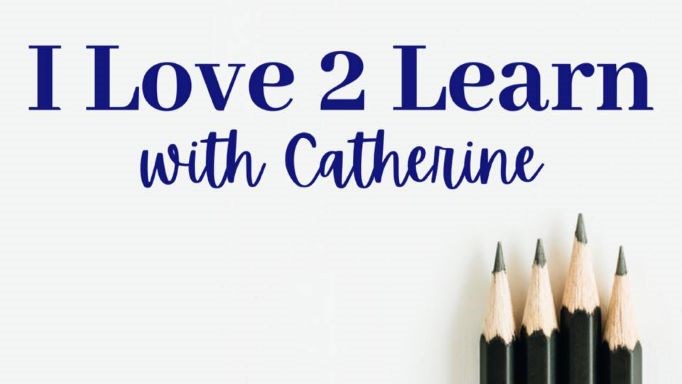The Lost Tools of Writing: Class Highlight
Monday, January 30, 2023 by Catherine Gilliland | Class Highlight
.png)
This is what The Lost Tools of Writing teaches. Students acquire and practice one new writing tool for each step in the writing process, incrementally putting them together in every new essay. They learn how to discover new ideas and deepen their understanding of them, they learn to arrange their ideas according to established written structures, and to communicate these ideas in an engaging and appropriate manner.
Every class includes oral review or games, new instruction, group and individual practice.
If we were to ask a crowd what they find challenging about the writing process, what would they relate? When surveying groups, I hear answers like these:
-
Getting started
-
Impacting the reader
-
Arranging ideas
-
Having enough to say
-
Not saying too much
-
Wording ideas just right
Can you relate? Do you notice that each of these fits into one of three broad categories: coming up with ideas, putting ideas in order, and expressing ideas appropriately. These are the skills The Lost Tools of Writing teaches.
These are the universal writing challenges every writer faces. If you can solve them, you can write effectively. Put simply, to write well is to come up with something to say, to put your materials in the best order, and to express your thoughts appropriately. The process begins with thinking deeply and ends with communicating those thoughts articulately to others.
Solving these challenges was the goal of classical rhetoricians. They noticed that people overcome them by working through three stages, one for each challenge. They gave these stages names, which translate to English as follows:
-
Invention (coming up with ideas)
-
Arrangement (structuring your ideas)
-
Elocution (expressing your ideas clearly and articulately)
The word canon comes from the Greek word denoting a straight rod or rule for measuring objects. The solutions of classical rhetoricians comprise three canons (rules) of classical composition that you will find in The Lost Tools of Writing.
For each essay, students acquire and practice one new writing tool for each canon, incrementally putting them together in every new essay. In short, students in this class learn how to discover new ideas and deepen their understanding of them, they learn to arrange their ideas according to established written structures, and to communicate these ideas in an engaging and appropriate manner.


